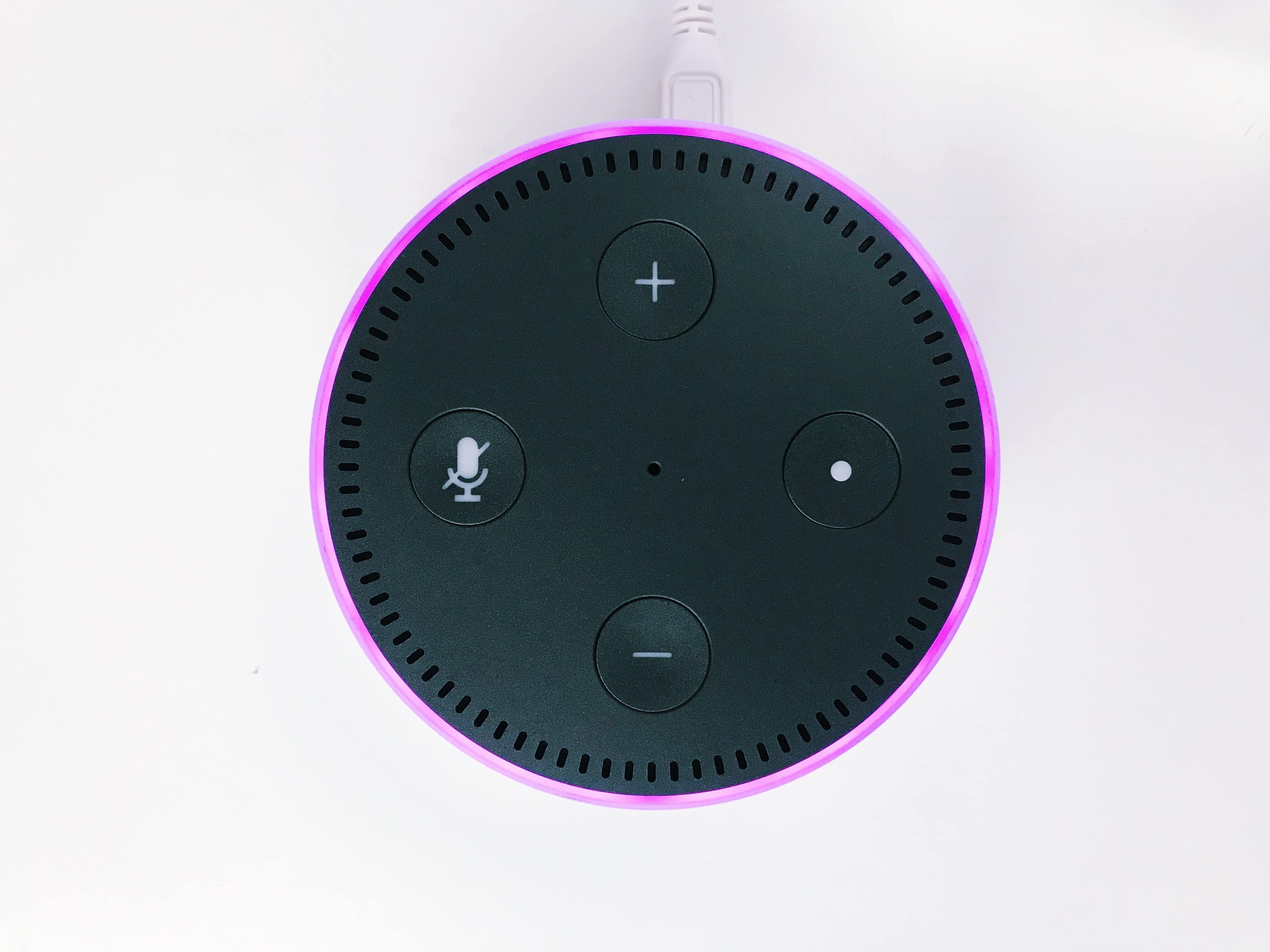The dawn of the 21st century brought a technological revolution that we are still riding today. Many programs and services that help us do everyday things such as connecting with friends, using an email program, or using a ride-share service are powered by smart systems. In this article, we will explore these smart technologies and their benefits that can possibly revolutionize your daily routine.
What started with the smartphone, at least on the consumer level, has now progressed to smart entertainment systems, smart vehicles, and even intelligent industrial as well as healthcare systems. Or, more simply put, smart technology is massively beneficial.
What is smart technology?
Pinning down a definition for something as diverse as smart technology can be almost impossible given that the field is developing relentlessly, making innovations outdated almost as quickly as they arrive.
Smart devices are all of the everyday objects made intelligent with computing power and connected to the Internet to form the Internet of Things (IoT). They gather and share data from the edge of the network, and while they may be small, they are very useful.
According to Netlingo:
The term “smart” originally comes from the acronym “Self-Monitoring, Analysis, and Reporting Technology” but become widely known as “smart” because of the notion of allowing previously inanimate objects—from cars to basketballs to clothes—to talk back to us and even guide our behavior.
Examples of smart technologies in our everyday lives
The Internet of Things is the best representative of all. It is the composition of a network of devices that make use of sensors, chips, software, online connectivity, and analytics to bring static physical objects to life.
A suitable example is a smart home. Many interconnected IoT devices can make your living space way more comfortable and secure. Just imagine coming home after a long day of work, the sensors at the garage communicate with the car and open themselves. Meanwhile, the temperature of your home has already adjusted to your preferred one, and the lights just turned in a dim relaxing setting. Tempting, right?
Among other things, interconnected tech saves energy and makes the home more secure. It catches water leaks before they become disastrous. It makes kitchen and housecleaning chores easier. And it changes up lighting and entertainment options to match moods.
Automation has been around for decades. Technology today is adding more devices with new personalized features.
Several stellar smart home IoT devices have already hit the market and made their way into thousands of houses around the world. As the most recognizable name in the field, we have the Amazon Echo. The device functions as a central hub to other IoT devices, and its voice-activated assistant, Alexa, provides convenience that few other products can match.
It is estimated that by 2025 there will be more than 65 billion IoT devices.

Benefits of smart technologies
Convenience
Smart technology can make it possible to accomplish several tasks with minimum effort. You can adjust the temperature or dim the lighting in a room, control the music levels, lock all doors, and close the garage in just a few clicks. These systems are well-equipped to understand your preferences by analyzing them to provide you with automated personalized experience in the future, without you requesting the specific setting beforehand.
Sustainability
With the need to be more eco-friendly nowadays, smart technology helps by automating energy usage. Many of us forget to switch off the lights or turn off the thermostat, resulting in a considerable waste of energy and money. In homes that use smart technology, light usage is automatically regulated, heating and cooling equipment are monitored, and appliances are shut off if not in use. This way is not only cost-saving but also helps protect the environment.
Efficiency
Smart technology tracks and analyses data to deliver better results in the future. It makes use of the data to understand how improvements can be made. This enables the devices to perform in a more customized way by eliminating the unnecessary distractions in the routine for you. In this sense the systems are prove themselves to be very efficient.
Saves time and money
As mentioned above, the benefits presented by smart technologies can expand from saving from your utility bills and help you be more eco-friendly to saving billions on R&D in drug development. These systems automate themselves to eliminate repetitive or unnecessary distractions allowing you to focus on your day without chores.
Smart devices strongly influence our daily lives. We communicate with them and use them regularly. From the ones in our home like lights and thermostat to advanced machine learning systems assisting us in our work, the trend has become widespread.
Many industries have already adopted smart devices in many ways and are an integral part of the work-life. By eliminating chores for us, we all get to save more time and money, while becoming more productive and comfortable. And after all, isn’t that what we all dream of?